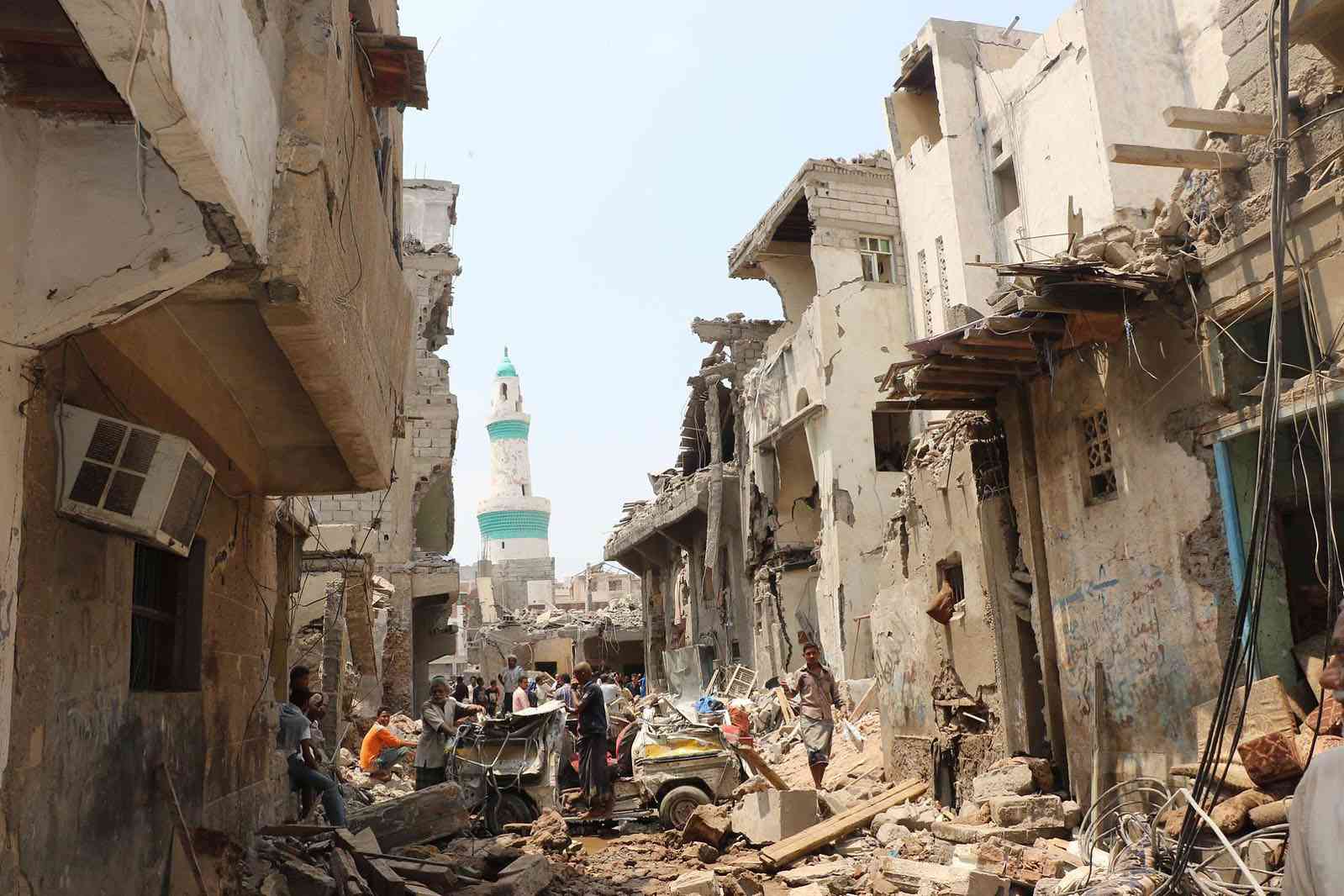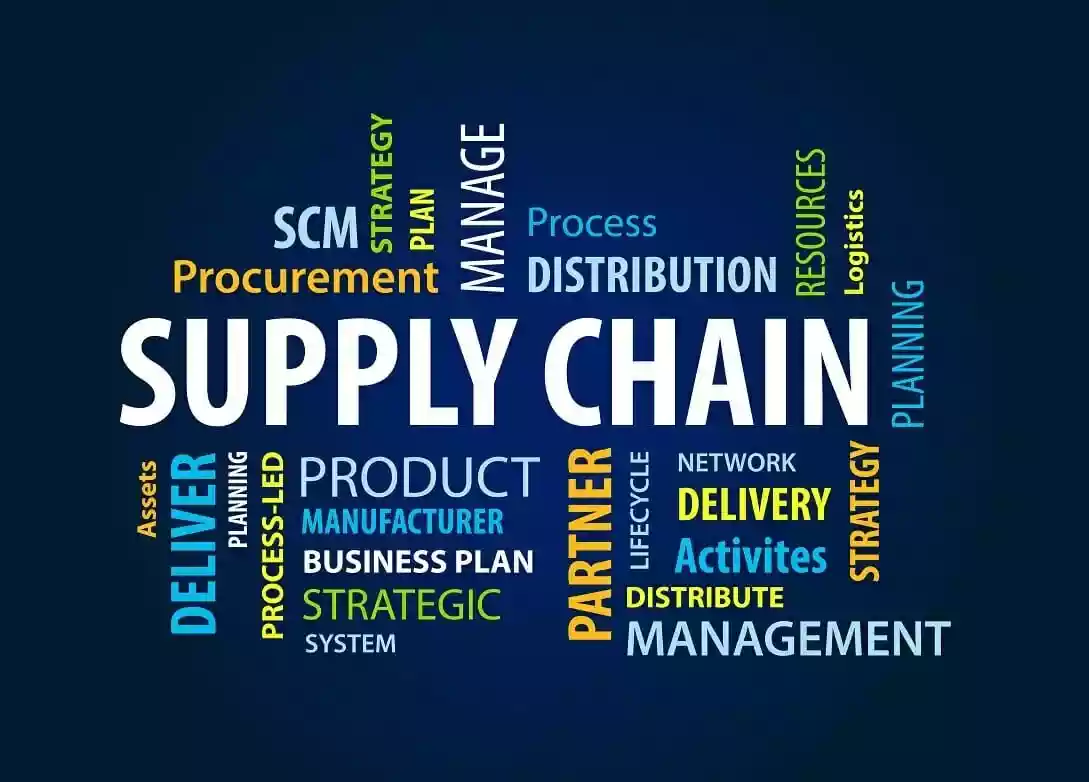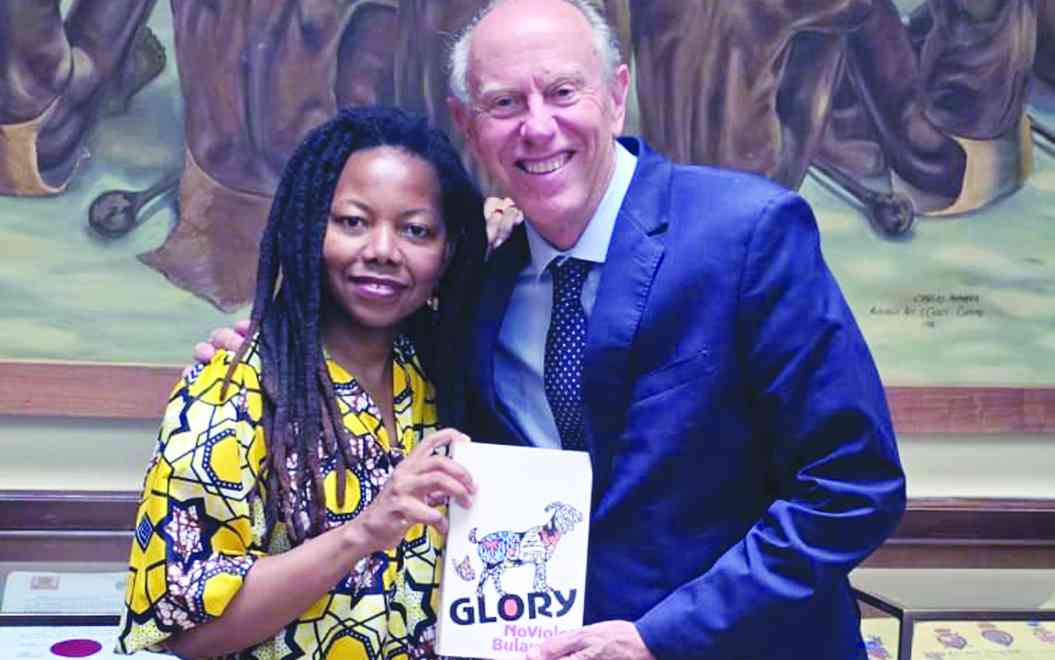
IN primary school we had an amazing headmistress, Ms Thomas.
This was when we were approaching our final year in that phase of our education.
She had decided for reasons of her own that we needed an impromptu lecture on the import of the Iraq-Kuwait war in 1990. We were in grade seven.
She showed us a map of Kuwait and one of Iraq. And proceeded to explain to us the full impact of both chemical warfare and also nuclear weapons deployment.
If I remember correctly at my young age then, she indicated the possibility of how after a nuclear weapon was deployed there would be some cloud that affects not only the Middle East, but could also drift toward Africa and eventually further southwards to affect us.
We were somewhat shocked and surprised that we had to learn this.
We mainly knew of the anti-apartheid struggle in South Africa. We never thought that a war that far away from us would affect us.
It was mainly because we did not understand at least two things at our young ages. We did not know the global political economy. And we did not know the global threat of a nuclear war nor did we have any inkling about what was then referred to as the Cold War and its eventual false end on the assumption of an ‘end of history’.
- New perspectives: Zim govt has to find balance between economy and politics
- New perspectives: Zim govt has to find balance between economy and politics
- In the groove: How artistes use topical issues for fame
- In the groove: How artistes use topical issues for fame
Keep Reading
As we grew up under neo-liberal economic policies, such as the Economic Structural Adjustment Programme (Esap) and its end cultural imperialistic effect of us seeking departure to the now “global north”, we also learnt of other wars.
We learnt of the globalised war in the Democratic Republic of the Congo, in which we as Zimbabweans participated. There were the wars in Eastern Europe that we watched for entertainment on global television networks and of course there was the ‘war against terror’ in Afghanistan and Iraq.
Almost as though we were re-watching the ridiculous Rambo movies of old. But here we are in 2024.
And again globalised war is the main international discourse of not only global superpowers but also their proxies, surrogates or affiliates.
It may seem an abstract point, as far as we are from global north centres and here in the opposite global south in Africa. But we know what happens in the same said global north or global east affects not only our trade and diaspora remittances, but also our local politics.
What matters more is our perception of the same. Both historically and in the contemporary.
As Africans, we have always been involved in wars that are not ours, especially between the west or the east. Be it the first World War or the second one, we ended up dying in lands or countries that were never going to be ours.
The only important lesson that we learnt was that we also had to fight to liberate ourselves from colonialism. Now we find ourselves between a rock and a hard place as Africans.
We have witnessed and taken sides in wars that are not ours. Except for the Palestinian and Western Saharawi republics, we have not had a direct say in other globalised post-cold war conflicts — be it in Ukraine, Myanmar or closer to home in Libya, Haiti, Mali or Sudan. What is more apparent is that we now need to see what is coming, and why. The world is faced with a colossal dangerous situation in which it is on the brink of global war.
Not just globalised as I have been referring to in this article, but global, whether we as Africans are complicit in it or not. This is from Taiwan to China, Ukraine to Washington, Palestine to Israel and Syria to Yemen or in West Africa.
The global superpowers that are the United States of America, China, the European Union and Russia are at loggerheads. What is clear is that they are not going to be easily resolved by their own diplomacy or the internationally recognised channels of the United Nations. We just should not get caught up in the mix of fights that are not ours and those that have material (oil, gas) and racist overtones to them.
Finally, even our great African luminary Kwame Nkrumah tried to warn us in his famous statement, “We face neither east or west. We face forward!” And indeed that is what we should do, face organically forward.
- Zhangazha is a blogger. He writes here in his personal capacity.











